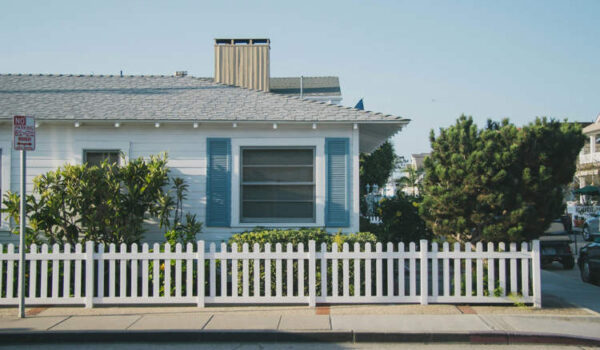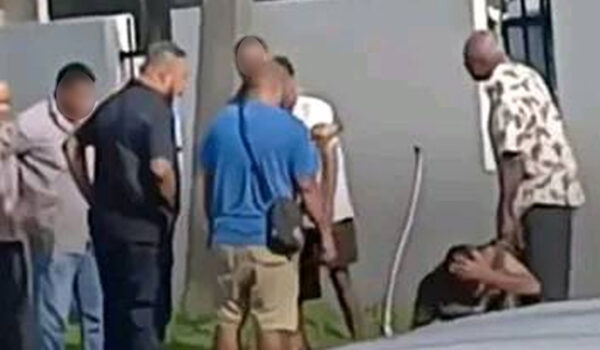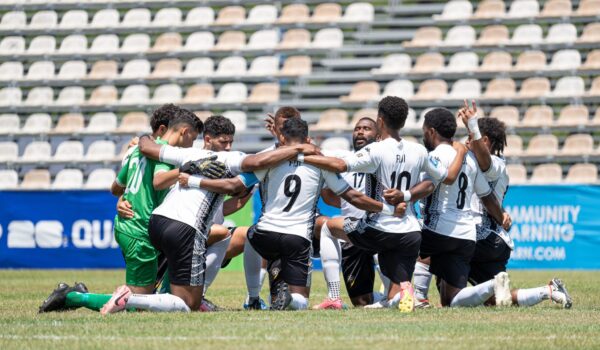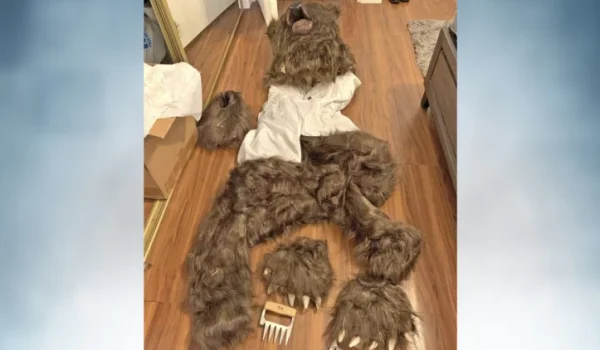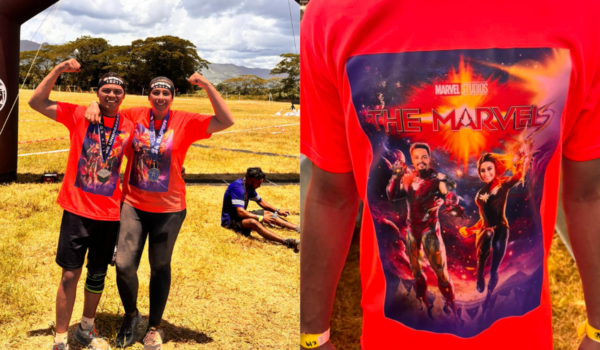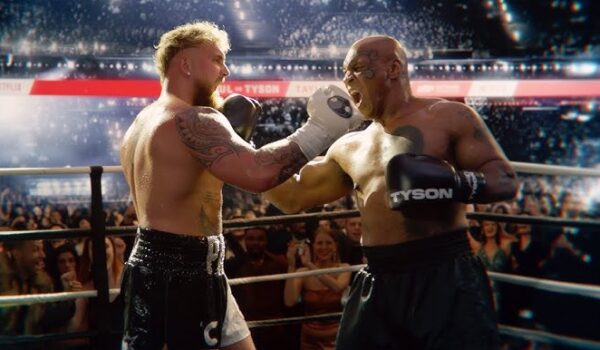An Australian artist is bringing the experience of death to life via a participatory virtual reality simulator, showing people what it could be like as you’re dying.
His interactive work guides participants through a simulated de-escalation of life, from cardiac arrest to brain death.
Gladwell described the experience as “moving away from yourself and then floating off into the giant universe” in an interview with the Australian this week.
“By simulating death as an experience in its last few minutes, you will experience a spectrum of colours and moods.”

On TikTok, one user named Marcus even showed off the exhibit to their followers, taking a video clip of the room where it all happens.
Inside, you can see people lying on blue beds with their heads stuck in virtual reality simulators.
Next to the beds, there are large computers that resemble hospital monitors.
“It was really cool, as you put on the goggles you see yourself laying on the bed from above so it really changed the experience from just the traditional VR as you are able to step outside of yourself from a different perspective,” Marcus wrote to The Post about his experience.


In a follow-up video, Marcus explained what it was like to experience the simulation, which follows the aftermath of a heart attack.
“What happens is, you’re laying down, the bed vibrates, you flatline, the doctors come over the top of you, you can see yourself in the goggles, and they try to revive you,” he explained.
“It doesn’t work, then you float up past some, into space, and yeah, it keeps going, but I won’t spoil it all,” Marcus continued.
He told The Post that after going into the virtual reality exhibit, he did ponder a lot more about the afterlife.
“It does make you contemplate what happens after death, it also gives you a sense of the scale of both universes within and outside of our bodies,” he wrote. “If anything it makes you marvel at the possibility of life in the first place.”

He also added that he understood why some thought it could cause “anxiety” and “panic” and agreed that the simulation “borderlines” those feelings when you’re in there.
“When they put the heart rate monitor on your finger and tell you to raise your hand if you want to quit, it does give you a slight sense of anxiety about what’s to come,” Marcus admitted to The Post.
“During the initial flat line and being revived by the doctors/nurses it was an uncomfortable feeling, the bed is also vibrating and pulsing below you so it’s a real sensory experience,” he continued.
Marcus revealed that he felt “slightly overwhelmed” after coming out of the virtual reality, but he was overall “amazed” by Gladwell’s art.
This is not the first time that Gladwell has created a provocative exhibit.
In 2017, his virtual reality experience called “Orbital Vanitas” took users into a real-life human skull.
SOURCE: New York Post

